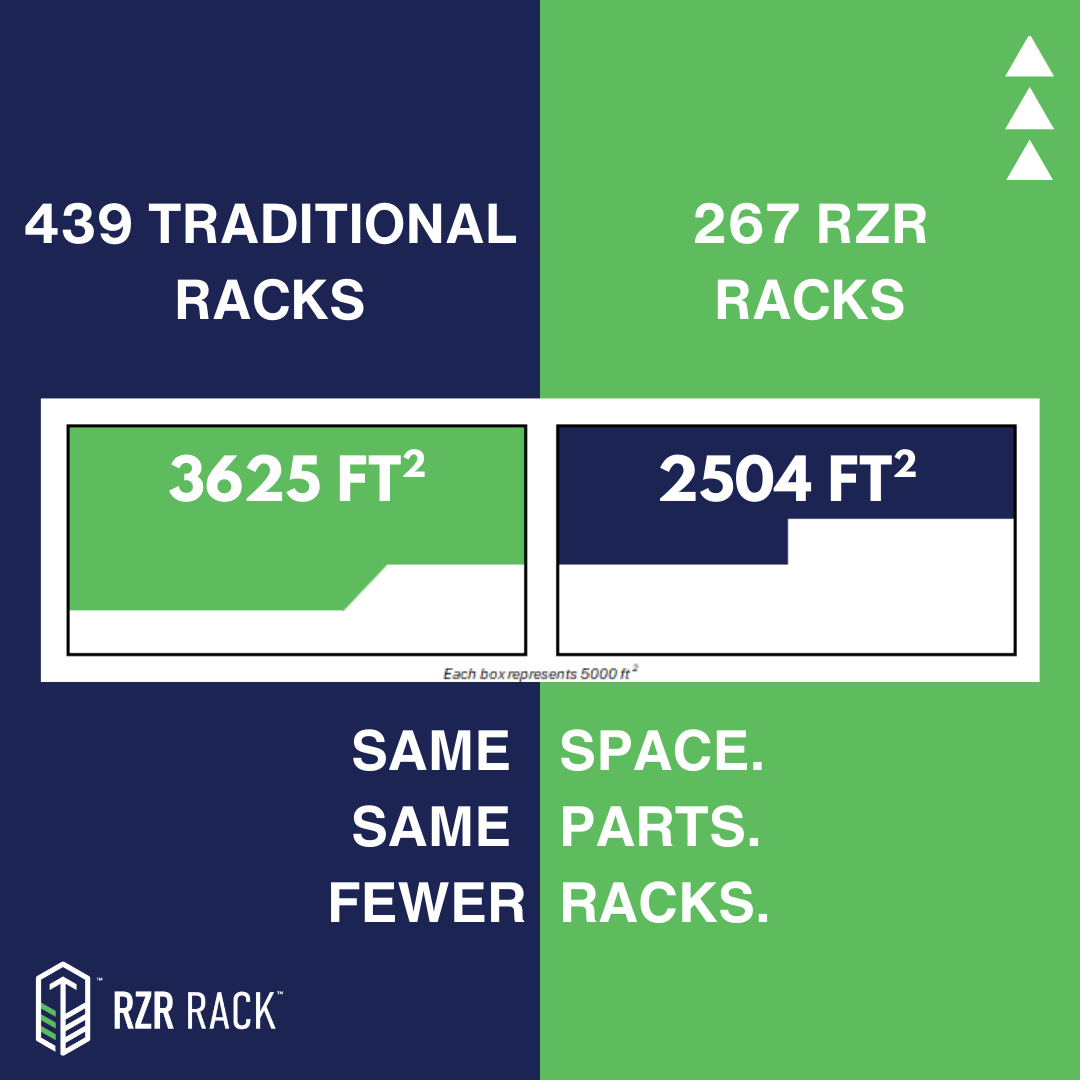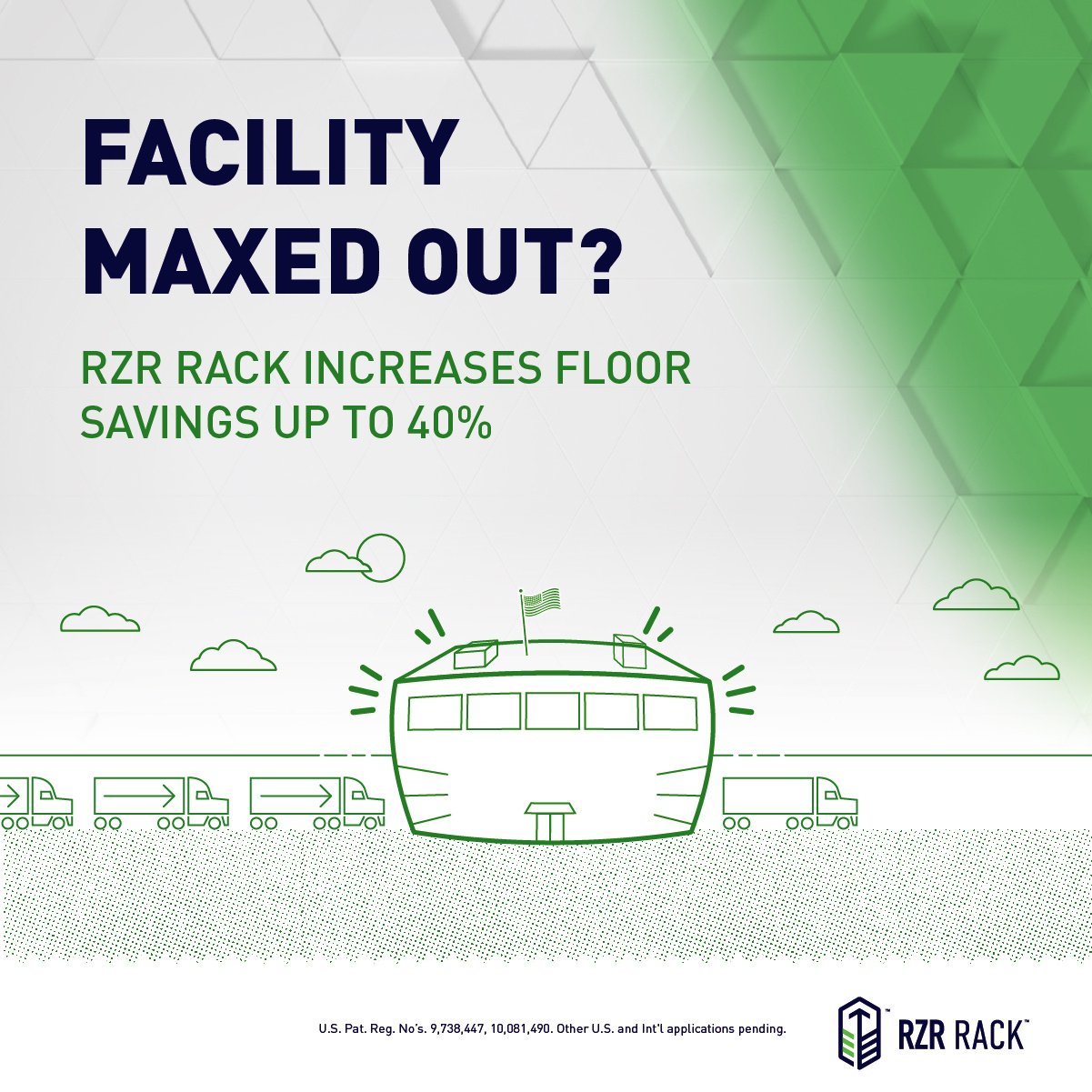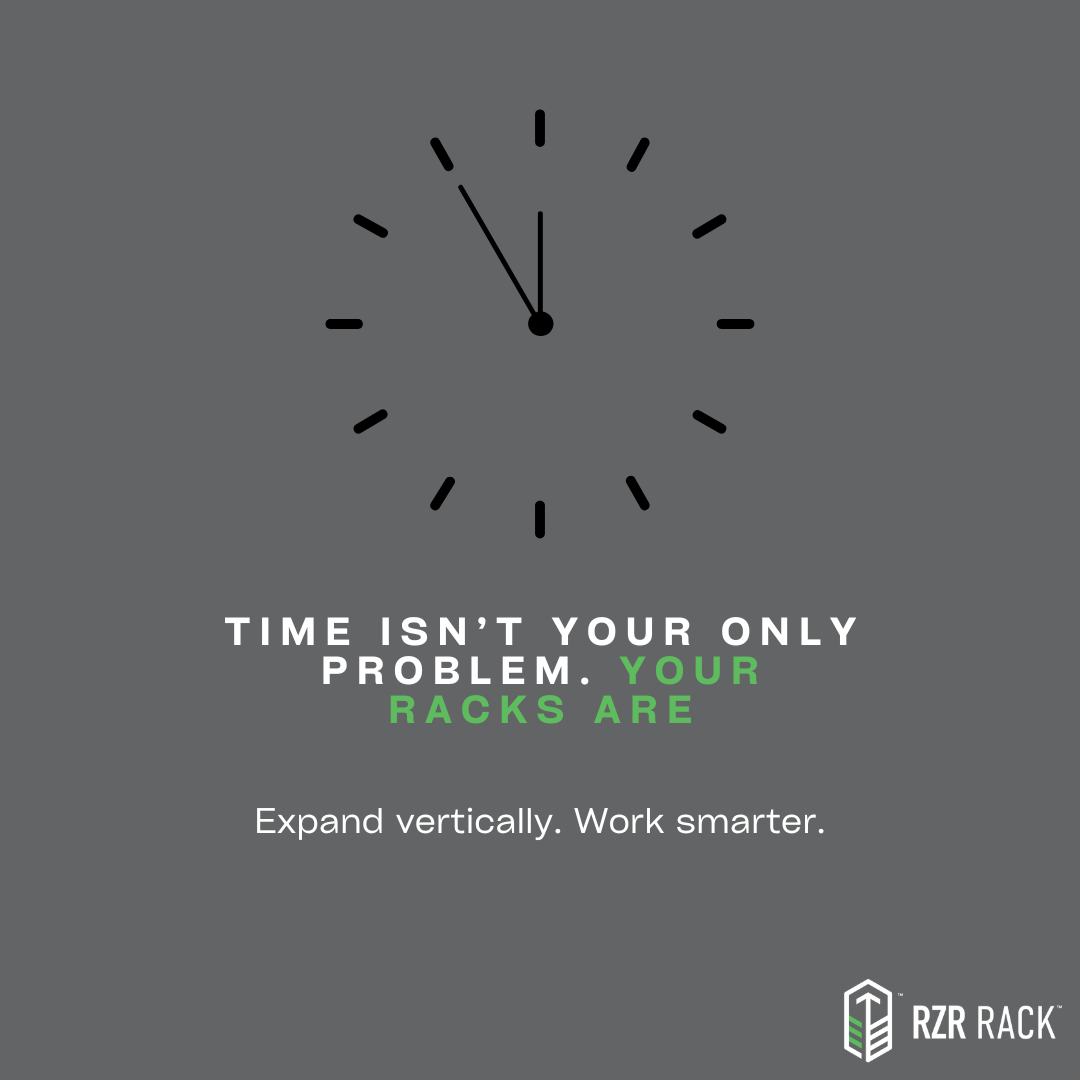Introduction
Supply chain transparency has become a buzzword in today’s business landscape, driven by consumer demands for ethical practices and traceability. Amidst this shift, returnable packaging emerges as a powerful tool that not only enhances operational efficiency but also transforms the landscape of supply chain transparency. In this blog post, we delve into the profound impact of returnable packaging on supply chain transparency and how it shapes a more responsible and accountable business ecosystem.
Uninterrupted Visibility:
Returnable packaging offers a unique advantage when it comes to tracking products throughout the supply chain. These containers can be equipped with tracking mechanisms that provide real-time visibility into their location, condition, and movement. This uninterrupted visibility empowers businesses to monitor the entire journey of their products, from manufacturer to distributor to end-user. By sharing this information with stakeholders, supply chain transparency is heightened, fostering trust and loyalty.
Improved Traceability:
Returnable packaging’s traceability features extend beyond location tracking. Detailed information about the contents, origin, and handling of products can be linked to each container. This robust traceability ensures that businesses can identify the exact source of any issues or anomalies that arise in the supply chain. Rapid identification of problems leads to swift corrective actions, minimizing disruptions and enhancing transparency.
Data-Driven Insights:
The data generated by returnable packaging’s tracking mechanisms is a treasure trove of insights. Businesses can analyze this data to identify trends, bottlenecks, and areas for optimization within the supply chain. These data-driven insights offer a holistic understanding of the entire supply chain ecosystem, enabling strategic decisions that streamline operations and enhance transparency.
Collaboration Across Boundaries:
Returnable packaging necessitates collaboration between stakeholders across the supply chain. Manufacturers, distributors, and even end-users engage in transparent communication about the movement and condition of packaging containers. This collaboration encourages open sharing of information and cultivates a culture of transparency that extends beyond the physical containers to encompass all aspects of the supply chain.
Ethical and Sustainable Practices:
In an era of heightened awareness about sustainability and ethics, returnable packaging stands as a symbol of responsible practices. Transparent supply chains assure consumers that products have been sourced, handled, and transported with integrity. This assurance aligns with ethical consumer preferences, bolstering brand reputation and fostering loyalty.
Conclusion:
Returnable packaging is much more than a logistical solution; it’s a beacon of supply chain transparency. By offering uninterrupted visibility, robust traceability, data-driven insights, collaborative partnerships, and a commitment to ethical practices, returnable packaging reshapes the landscape of supply chains. As businesses navigate the complexities of today’s global market, adopting returnable packaging not only enhances efficiency but also nurtures a culture of transparency, accountability, and sustainable growth.
In a world where transparency is a cornerstone of trust, returnable packaging is the gateway to unlocking clarity and confidence within the intricate web of supply chains.


